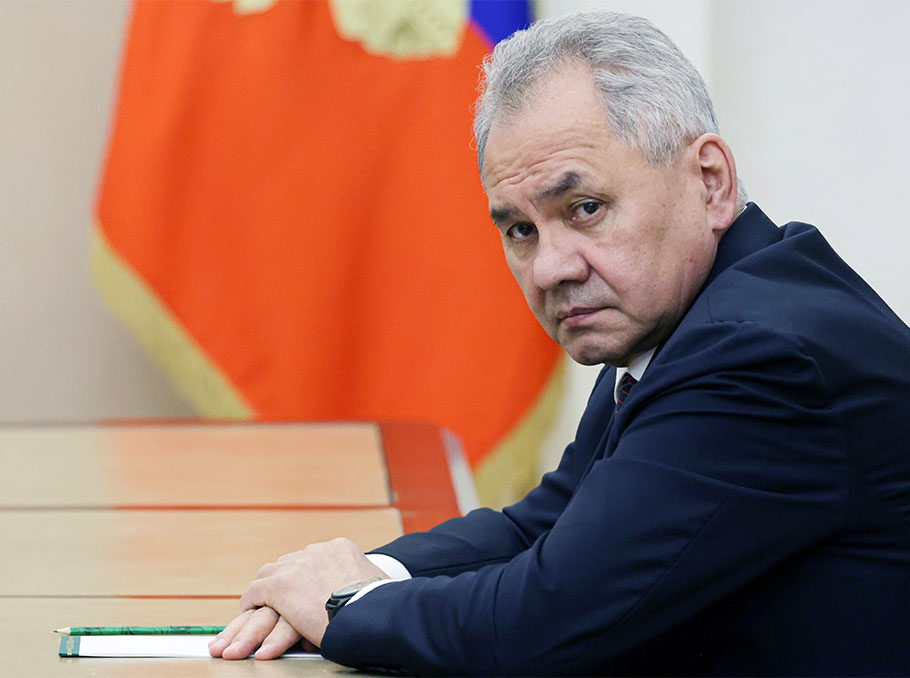by Suren Sargsyan
Recent events in the Middle East have escalated tensions, particularly between Iran and Israel, raising concerns about a potential major regional war of unprecedented scale. The visit of Israel’s Prime Minister BenjShamin Netanyahu to Washington was notable, as he received a high-level reception and strong congressional support, asserting that the interests of the USA and Israel align — an attack on Israel is regarded as an attack on the USA. After the prime minister returned from Washington, the Israeli Mossad assassinated Hamas political leader Ismail Haniyeh by detonating an explosive device planted in advance in his bedroom at the Iranian government official residence in Tehran.
It is hard to say whether Netanyahu received support in Washington or if he simply went to inform that Israel is preparing for a large-scale war against Iran. However, events in the Middle East intensified as a result of all this. The assassination of Haniyeh was the type of action in response to which Iran could not avoid delivering a retaliatory strike. The Biden Administration reportedly told members of Congress on August 5 that an Iranian strike may occur as soon as August 5 or 6. Reportedly, US Secretary of State Antony Blinken separately told counterparts at the G7 on August 4 that Iran might begin its attack in the next two to three days. This means that Washington is also expecting some action in the region.
President Joe Biden and Vice President Harris Kamala were told by their national security team on Monday, August 5 that it is still unclear when Iran and Hezbollah are likely to launch an attack against Israel and what specifically the attack might entail. According to the White House, during the Situation Room meeting Biden and Harris were updated about several US soldiers who were seriously injured in a rocket attack on Monday by pro-Iranian militias on a the Al Asad Airbase in Iraq. The US is already somewhat involved in this conflict, yet the Biden administration is striving to deescalate tensions and avoid direct engagement. This includes collaborating with regional partners such as the leaders of Jordan, Qatar, and Egypt.
Read also

Suren Sargsyan
The situation is also of great concern to Moscow. Sergei Shoigu, the secretary of Russia’s Security Council, was immediately sent to Iran. He met with Iranian President Masoud Pezeshkian, as well as with the secretary of Iran’s Supreme National Security Council, and with the chief of staff of the Iranian Armed Forces. Of course, Moscow has several reasons for concern. Specifically, a Russian military contingent is stationed in Syria, and Moscow is trying to understand the potential impact of Iran’s strike on Russian forces, especially if the strikes against Israel come from Lebanon and Syria. In this situation, Israel could also strike back against Syria and Lebanon.
Notably, Lebanon is already preparing for possible Israeli strikes, and self-defense actions are being carried out, including in the Armenian neighborhoods of Beirut. Secretary of the Russian Security Council Sergey Shoigu has left Tehran and headed to Baku, according to the Telegram channel of the Islamic Revolutionary Guard Corps. According to the channel, he went to the capital of Azerbaijan to warn them against interference. It is notable that this assignment of Vladimir Putin was given not to Russia’s Foreign Minister Sergey Lavrov but to Shoigu, the former minister of defense and newly appointed secretary of the National Security Council. This indicates that Moscow believes the situation has reached a point where diplomacy may not be particularly effective.
Of course, there are serious reasons for concern in Yerevan regarding all this. The concerns are not limited to just the Armenians living in Syria, Lebanon, and Israel. The potential for escalation could make processes uncontrollable not only in the Middle East but also in the South Caucasus. It is known that Baku has not yet abandoned its demands for the Zangezur Corridor, and there is continuous talk about it both in Baku and Ankara.
This project, which could effectively divide Armenia into two parts and potentially deploy foreign security forces, turning it into an extraterritorial unit, faces significant opposition from Iran, which directly states that such a project contradicts Iran’s interests. Baku may exploit the situation, as Iran’s attention is fixed on Israel, leaving it unable to sufficiently respond to any Azerbaijani provocations.
Consequently, Azerbaijan could consider attacking Armenia to secure the corridor. Historically, Azerbaijan has been seen as a potential provocateur against Iran, and this scenario might escalate Azerbaijani actions if deterrents are lacking and if instigating states are involved.





















































